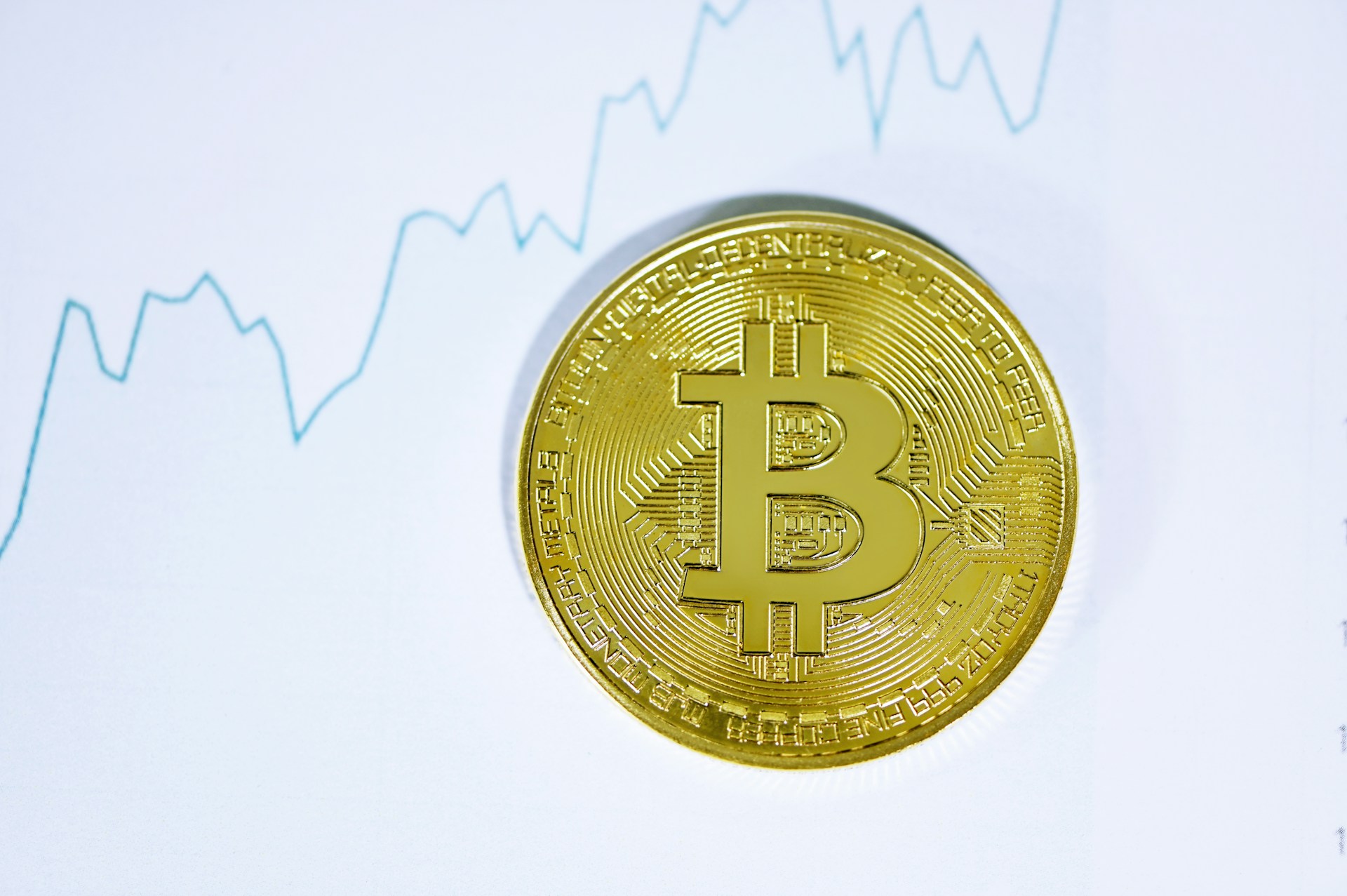ARTICLE AD
At the beginning of July, Deutsche Telekom joined SQD Network, formerly known as Subsquid, to provide worker nodes, decentralized storage, and computing resources.
Deutsche Telekom MMS, a subsidiary of the German telecommunications company, has announced the expansion of its Web 3.0 services to the XDC Network (XDC). Markedly, XDC is a blockchain that focuses on tokenized Real-world Assets (RWA), trade finance, and Decentralized Physical Infrastructure (DePin).
Deutsche Telekom MMS to Operate Standby Masternode
XDC Network, an Ethereum Virtual Machine (EVM)-compatible Layer-1, claims to offer fast transaction speed at “near zero” gas fees. Both United States dollar and euro-pegged stablecoins are hosted on the network as well as tokenized versions of real-world assets such as gold and US Treasuries. Such assets include the EURS stablecoin that STASIS deployed on the XDC Network two years ago.
Currently, Deutsche Telekom runs validators on a range of Proof-of-Stake (PoS) blockchains like Ethereum (ETH), Polygon (MATIC), and Polkadot (DOT). It also offers a staking service to customers. Here, they can deposit tokens to earn rewards for maintaining the network.
Upon joining XDC Network as an infrastructure provider, Deutsche Telekom MMS will operate a standby master node. This type of node is quite different from others because it does not validate transactions on the blockchain as default.
Rather, its services are required if the number of operating validator master nodes drops below the required level of 108. Dirk Röder, head of Deutsche Telekom MMS’s Web 3.0 unit, highlighted that the latest alliance with XDC Network utilizes his firm’s enterprise-grade infrastructure to enable secure blockchain-based applications. Much more, the focus is on the finance sector.
This announcement is a reflection of Deutsche Telekom’s growing blockchain push. It comes after Röder’s comment about MMS future endeavor at the Bitcoin Prague conference held last month. Noteworthy, the Deutsche Telekom executive stated that MMS will take a slice of the Bitcoin (BTC) mining industry.
Röder added that the company already runs nodes on Bitcoin and Lightning networks.
Deutsche Telekom Secures Other Strategic Projects
At the beginning of July, Deutsche Telekom joined SQD Network, formerly known as Subsquid, to provide worker nodes, decentralized storage, and computing resources.
Deutsche Telekom MMS’s responsibility in the alliance involved enhancing SQD’s decentralization by providing resilience and scalable infrastructure. Röder noted that Deutsche Telekom MMS will “strengthen the security and scalability of the network and contribute to the foundation for Subsquid’s powerful data lake”. For SQD Network, the deal is a means to strengthen its Web 3.0 development bid, providing developers with access to relatable data at a small fee.
“Once data has been added to the SQD network, every piece of data is replicated across dozens of nodes across the network, so even if a node goes offline, all the data remains available for consumers,” Dmitry Zhelezov, co-founder of SQD network noted
Deutsche Telekom is also interested in Artificial Intelligence (AI) and this informed its strategic partnership with the Fetch.ai Foundation at the beginning of this year. The collaboration also made Deutsche Telekom one of the first official corporate partners of the Fetch.ai Foundation.

 4 months ago
28
4 months ago
28 

